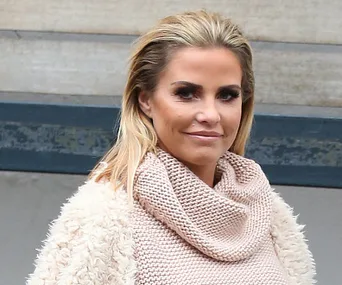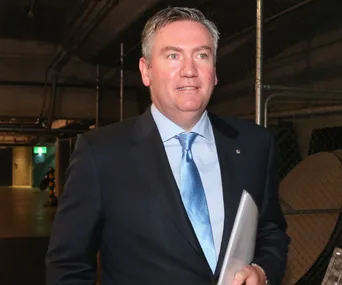Karen Hall* was wracked with emotion when she decided to terminate her pregnancy at nine weeks. It wasn’t a decision that she took lightly, but having fallen pregnant by accident, just two months after giving birth to her second IVF baby it seemed like the best decision for her family.
“Having the baby just wasn’t an option for me. It was a horrible decision to have to make and one I never want to be faced with again. But I know that mentally I would not have been able to cope with a third child,” says Hall.
Arranging the termination was fairly straightforward. Her GP referred her to a clinic and although they exhausted her with questions about her mental health there was never a doubt that the abortion would be granted.
But like thousands of other women who have had abortions in New South Wales, Hall was actually acting unlawfully.
Because despite the fact that abortion clinics are commonplace, the NSW Crimes Act states that “a woman with child” can be jailed for up to 10 years if she “unlawfully administers to herself any drug or noxious thing, or unlawfully uses any instrument or other means” to terminate her pregnancy.
A loophole in the law introduced in the seventies stipulates that abortion is not unlawful if a doctor believes it is necessary to save a woman’s life, or protect her physical or mental health. However this could be open to interpretation meaning that both doctors and patients who proceed with abortion risk criminal prosecution.
Greens MP Mehreen Faruqi wants to change this archaic law. This week, she will introduce a bill in the NSW parliament to decriminalise abortion.
“This bill would make it clear that women have the right to make decisions about their own bodies.
“Decriminalising abortion is essential. Women and all people choosing to have an abortion as well as their doctors are not criminals and we need to remove the stigma and shame associated with it,” she told The Sydney Morning Herald.
The stigma and shame that Faruqi talks about can add to the huge distress that women seeking terminations experience. This is something that Karen Hall felt all too keenly.
“The fact that the whole process is illegal certainly added to the guilt and shame that I felt. I felt like a criminal even though what I was actually doing was for my family’s benefit.
“I already felt like I was doing something so terribly wrong, so knowing it was a criminal act only exacerbated this feeling,” she says.
As well as making it easier for women to access abortion services, decriminalising would make the taboo subject easier for women to talk about.
For Hall, Decriminalising abortion would be a step towards supporting women that need to choose termination over pregnancy.
“There are so many reasons that women decide not to go ahead with a pregnancy. But having support for that decision and not being made to feel like a criminal is one way to stop the stigma,” says Hall.
“I think bringing an unwanted baby into a family is far more criminal than a termination.”





